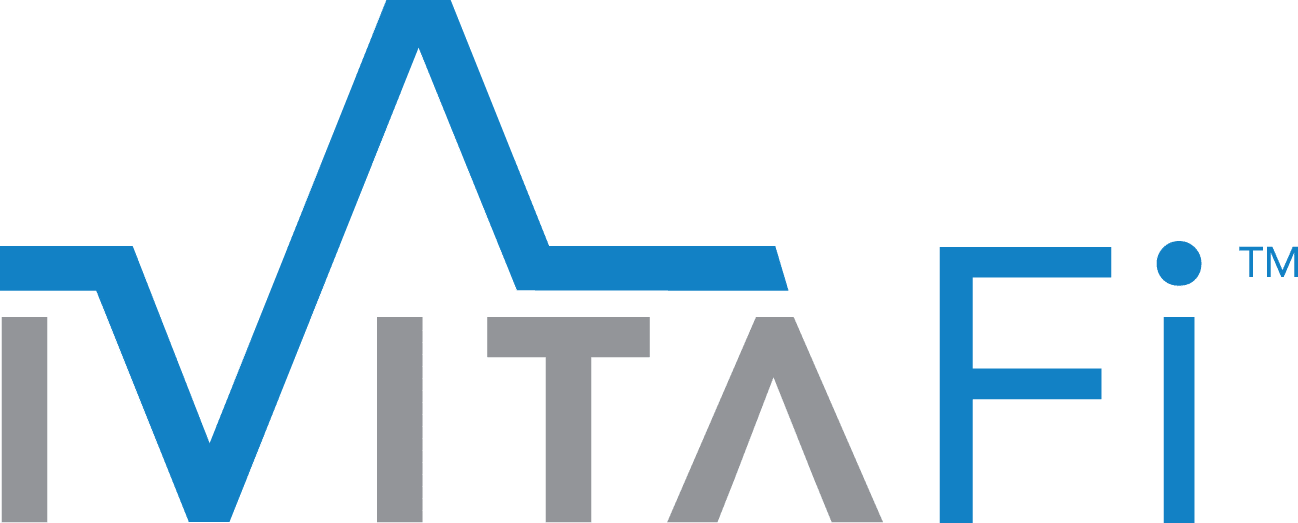As the healthcare landscape undergoes seismic shifts, providers, with their unwavering resilience, find themselves at the forefront of navigating the repercussions of Medicaid disenrollment among millions of Americans. The recent survey conducted by the Kaiser Family Foundation (KFF) sheds light on the challenges providers face amidst the unwinding of Medicaid eligibility criteria, emphasizing the profound implications for healthcare delivery and patient outcomes.
Grappling with Uninsured Patient Populations
The stark reality that nearly a quarter of adults disenrolled from Medicaid now find themselves uninsured emphasizes the daunting challenge facing healthcare providers. Serving uninsured patients poses financial challenges, strains resources, and compromises the delivery of comprehensive care. Providers are compelled to navigate the complexities of reimbursement mechanisms while upholding their commitment to equitable access to healthcare services for all individuals, regardless of insurance status.
Balancing Care Provision Amidst Delayed Coverage
The survey stresses the adverse consequences of delayed coverage for individuals transitioning from Medicaid to alternative insurance options. Providers witness the ramifications of delayed care firsthand as patients face uncertainties surrounding their insurance status. Balancing the provision of timely, quality care amidst bureaucratic hurdles and administrative complexities remains a pressing concern for healthcare providers striving to uphold standards of patient-centered care.
Advocating for Policy Reforms and Supportive Initiatives
Providers play a pivotal role in advocating for policy reforms and supportive initiatives to mitigate the adverse effects of Medicaid disenrollment. The disparities revealed in the survey point out the urgent need for systemic reforms to safeguard healthcare access for vulnerable populations. By leveraging their collective voice and expertise, providers can champion initiatives prioritizing healthcare accessibility, equity, and continuity of care for all individuals, irrespective of insurance coverage. This advocacy is a powerful tool that can bring about significant change.
Enhancing Communication and Support Systems
Navigating the intricacies of Medicaid disenrollment necessitates enhanced communication and support systems between providers, patients, and relevant stakeholders. Providers are instrumental in bridging informational gaps, guiding patients through enrollment processes, and connecting them with available resources and assistance programs. By fostering collaborative partnerships and leveraging technology-driven solutions, providers can streamline communication channels and enhance patient engagement, facilitating smoother transitions amidst healthcare reforms.
How Can Hospitals Better Recapture Revenue from Uninsured/Underinsured Patients?
Across a hospital’s patient population, including fully insured patients, making affordable payment options available increases the likelihood the hospital will collect patient-funded medical debt. The healthcare industry is pushing to institute more patient-centric payment options as more medical debt is patient-funded rather than insurance-funded.
Many broader principles apply to patients caught in Medicaid disenrollment. Low-income patients may struggle to make a lump sum payment on medical debt and, in the absence of alternative options, are more likely to default on a debt. Additionally, all patients struggle to understand their true financial obligations. However, repayment rates increase when given options for an extended payment plan, easy ways to make payments, and clear communications about their debts.
Conclusion: Charting a Path Forward
As providers confront the multifaceted challenges of Medicaid disenrollment, collaboration, innovation, and advocacy emerge as indispensable tools in charting a path forward. Providers can navigate the evolving healthcare landscape with resilience and compassion by prioritizing patient-centric care, advocating for policy reforms, and fostering resilient healthcare systems. Together, we can uphold the fundamental principles of healthcare access and equity, ensuring that no individual is left behind in the pursuit of optimal health and well-being.
Note: The findings inform the insights and perspectives shared in this blog post of the KFF survey and aim to provide a nuanced understanding of the impact of Medicaid unwinding on healthcare providers.
iVitaFi Non-Recourse Patient Financing
At iVitaFi, we’re committed to transforming healthcare accessibility and affordability through our innovative non-recourse patient financing solutions. Our program empowers patients to navigate medical expenses with flexibility and peace of mind, ensuring timely access to necessary care without financial strain. With inclusive acceptance of all credit profiles, 0% interest for the entire loan duration, and customizable payment plans spanning up to 36 months, our program caters to diverse patient needs and preferences. Additionally, our program offers the convenience of easy sharing among family members, facilitating collective support for healthcare expenses.
The non-recourse nature of our financial model not only guarantees reliable patient payments but delivers significant benefits for healthcare providers. By assuming the risk of non-payment, iVitaFi enhances cash flow and effectively mitigates bad debt risk, allowing providers to focus on delivering exceptional care without undue financial concerns. If a patient cannot repay the loan, neither the provider nor the patient’s assets are pursued for payment, providing peace of mind for all parties involved.
If you’re ready to optimize your healthcare organization’s financial performance and enhance patient care, consider partnering with iVitaFi for our non-recourse patient financing solutions. Our experienced team stands ready to support your organization every step of the way, from implementation to ongoing support. Contact us today at (888) 504-8482 or info@ivitafinancial.com for a complimentary consultation and discover how iVitaFi can transform your healthcare practice.

